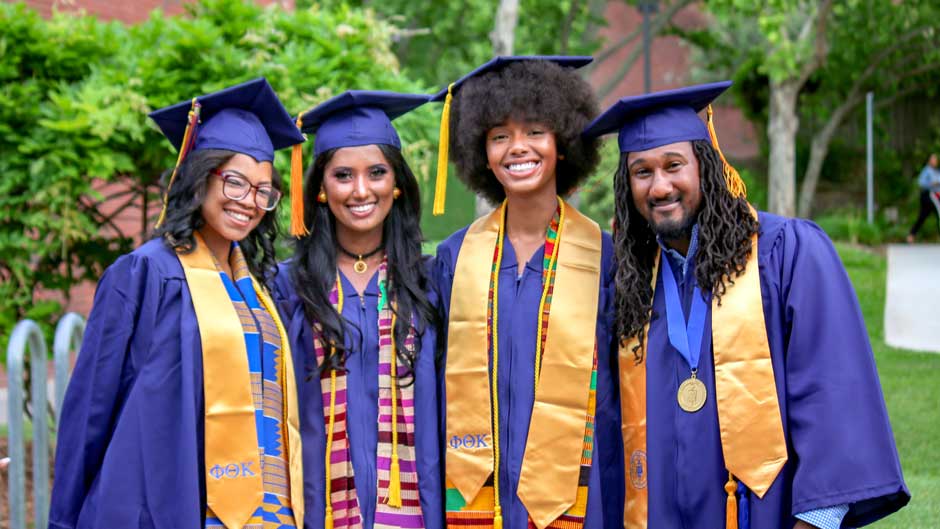Honors
Overview

Designed specifically for academically accomplished students or those with the potential for high academic achievement, CRC's Honors program provides enhanced General Education study opportunities supporting intellectual growth, scholarly relationships with peers, and faculty-student engagement beyond that generally associated with lower-division undergraduate programs. Honors Program participation supports enhanced transfer and scholarship opportunities at select transfer colleges and universities including UCLA, in whose Transfer Alliance Partnership CRC is a member. Honors Program students receive enhanced access to career and academic advising as well as enhanced opportunities for scholarship, including the opportunity to pursue their own original research.
- Program Coordinator Rick Schubert
- Phone (916) 691-7494
- Email SchubeR@crc.losrios.edu

